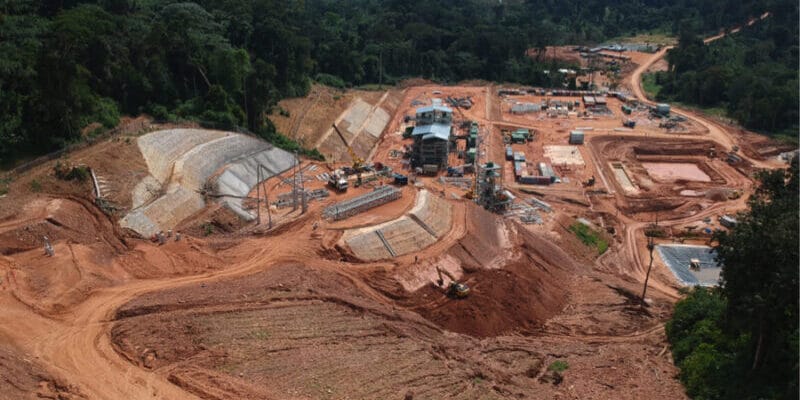Tin mining has resumed in the volatile Walikale region of eastern Democratic Republic of Congo after Alphamin Resources Corp relaunched operations, citing improved security conditions following the retreat of M23 rebels.
The Canadian-headquartered miner halted activities at its Bisie tin mine in mid-March 2025 when fighting intensified in North Kivu Province. Operations are now gradually restarting after insurgents pulled back toward Nyabiondo and Masisi, roughly 130 kilometers east of the mining site.
In a statement released Wednesday, Alphamin confirmed it is redeploying personnel in phases and restarting production under close security monitoring. “The mine is adequately stocked with supplies and spares to support a phased resumption of operations,” the company said.
Despite the evacuation in March, the firm maintained core logistics, including tin concentrate exports and mine maintenance. From January through early April, 4,500 tonnes of tin were shipped, with an additional 280 tonnes still en route. Before suspending operations on March 13, Alphamin had already produced 4,270 tonnes in the first quarter of the year.
The revival of mining operations follows a high-level diplomatic mission by U.S. presidential adviser for Africa, Massad Boulos, who visited the region earlier this week. Speaking in Kigali, Rwanda, Boulos said his visit aimed to help facilitate economic recovery and stability in eastern DRC — with Alphamin’s mine at the center of that goal.
“Alphamin’s closure impacted the global tin market and disrupted livelihoods for thousands across the region,” said Boulos after a meeting with Congolese President Félix Tshisekedi. “We’re encouraged by the recent progress and strongly support the company’s efforts to resume full operations.”
Boulos also addressed the broader security dialogue between Kinshasa and the M23 movement, expressing support for the ongoing negotiations. While not revealing the extent of U.S. involvement, he noted that Washington has previously backed discreet diplomatic channels — including meetings facilitated in Qatar between Rwandan and Congolese officials.
“We appreciate the internal dialogue that is unfolding,” he said. “Our role is to encourage peaceful outcomes and support efforts that lead to lasting peace.”
Boulos reiterated the U.S. position urging both the M23 and Rwanda Defence Forces to withdraw from North Kivu, while also calling on the Congolese army (FARDC) to end aerial bombardments of rebel positions.
“This isn’t about pressure. It’s about peace. And we believe there’s hope for a more stable future — not just for the DRC, but for the Great Lakes region as a whole.”
The restart of tin mining in Walikale marks a key moment for the DRC’s resource-rich but conflict-prone east — signaling not only a cautious return to economic activity but also a possible turning point in a protracted security crisis.


